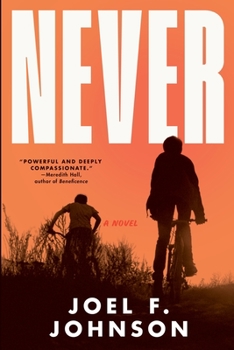Never
Select Format
Select Condition 
Book Overview
"Those were just the times." That's how Morris "Little" Nickerson has always chosen to describe the incongruities of his childhood in the segregated south. But when a call from his older sister prompts Little, who is now in his seventies, to return to his hometown of LaSalle, Georgia, he finds himself having to reexamine the childhood he's kept encased in glass all these years.
As he tries to make sense of the events of one particularly eventful summer, Little tells of Reverend Robert McAllister, the father of his best friend, who speaks the high-flown language of social change but preaches to an all-white congregation; he relates his love for the Black family maid, who is like a second mother to him but is made to sit in the back of his family's car; he describes seeing familiar faces amongst the civil rights' marchers who descend on the LaSalle town square, though he has been told that their protests are the work of outside agitators. Returning to a town he hasn't seen in years, Little is forced to confront the ways in which his best friend, his father, and his fragile, often infirm, mother remain mysterious to him, and to admit that he cannot reconcile the nostalgia he feels for his na ve boyhood with the truth an old man can no longer deny.





